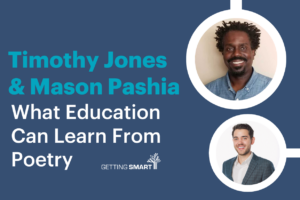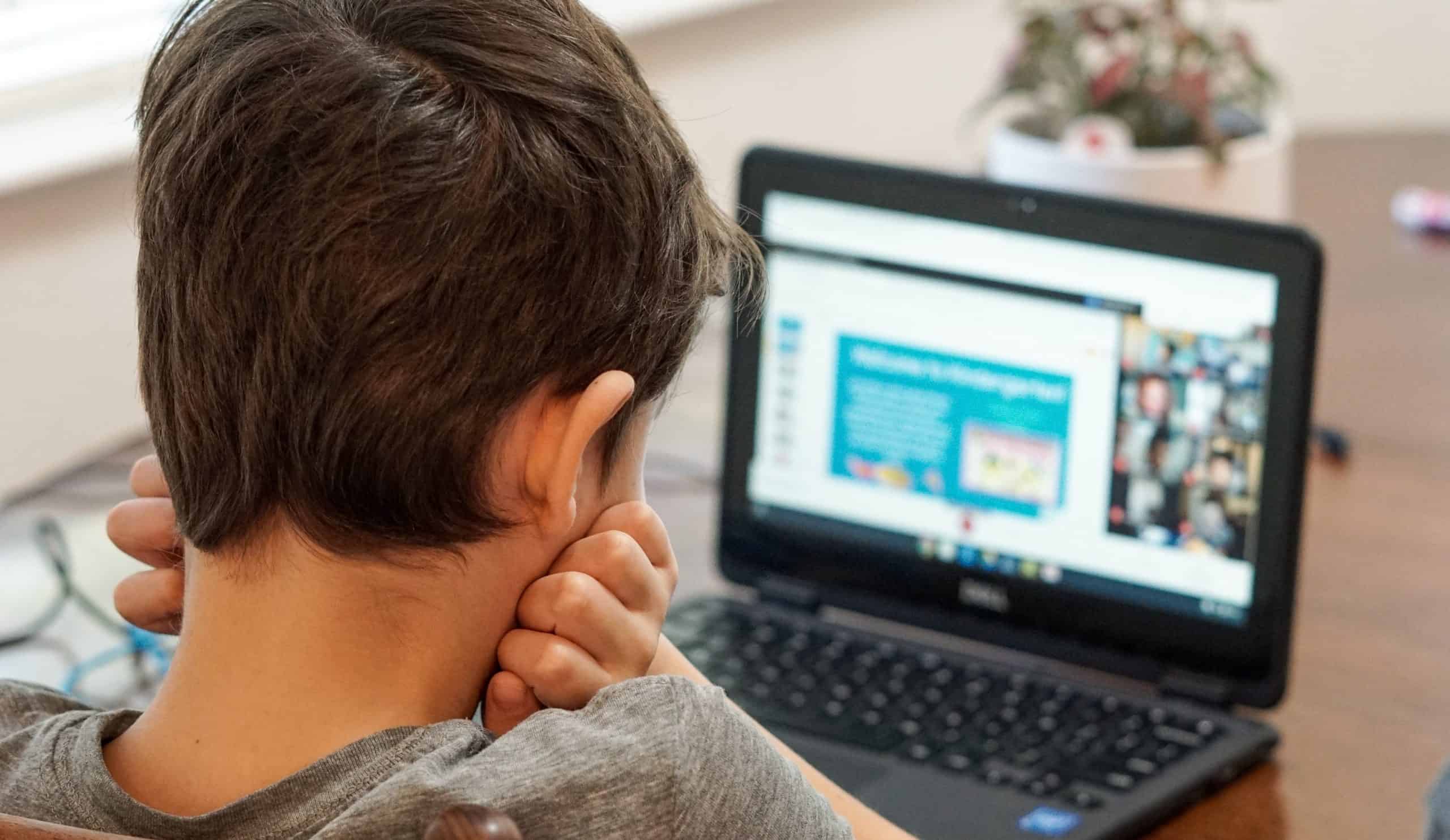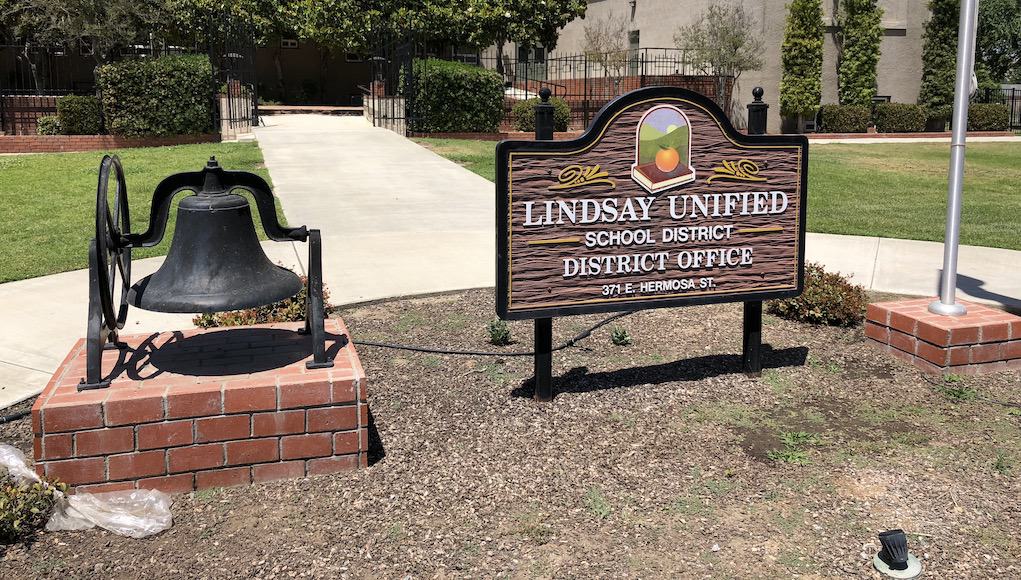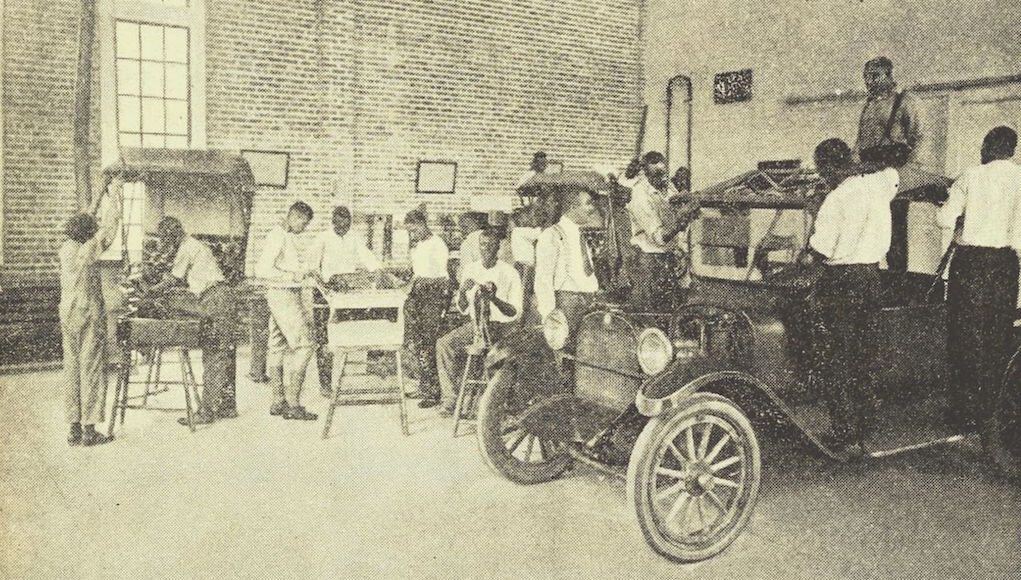Posts by Beth Holland
Camera ON or Camera OFF? It’s a Complicated Question
By: Beth Holland. Before requiring or suggesting that students turn on their cameras during video conferences, teachers and leaders need to engage in a conversation around four critical considerations.
5 Research-Based Recommendations for Remote Learning: Lessons from LUSD
Consider what remote instruction might look like in a rural, high-poverty district that set personalized expectations for each student, monitored their growth and engagement, and not only encouraged ongoing feedback but also stressed the need for educators to maintain a safe and supportive learning community.
Defining and Measuring the ‘Personal’ in Personalized Learning
Many districts find themselves caught between the structures of schooling and the ideals of learning. The solution may lie in how they define and measure the 'personal' aspects of personalized learning.
Artificial Intelligence – The New Digital Divide?
Despite the promises of artificial intelligence, it is critical that educators and administrators consider the unintended consequences.
The State of Creativity in America’s Schools
A Gallup study on the state of creativity in America’s schools revealed that opportunities are neither ubiquitous nor equitably distributed.
Universal Design for Learning as a Framework for Digital Equity
Universal design for learning is a powerful framework for digital equity. More importantly, it allows districts, schools, and teachers to begin tackling the challenge of providing equal access to learning.
Future Trend: Designing Schools for How Humans Learn
Schools should not only prepare students for active participation in a networked, global economy, but also for lifelong learning. To do this, there are five critical concepts when planning instruction design for the future to consider.
Education in the Age of Agility
Driven by the rise of AI, automation, and big data, the Age of Agility Alliance brings attention to education through supporting the development of agile learners, educators and systems.
Booker T. Washington: A Project-Based Learning Pioneer
Booker T. Washington’s ideas and the HQPBL-aligned curriculum of the Tuskegee Institute could serve as a model for addressing many modern educational challenges.
Creating Digital Equity for Students Requires Community Effort
Both geography and socioeconomics have left millions of students and communities without access to high speed Internet, preventing them from attaining full educational and economic inclusion.








